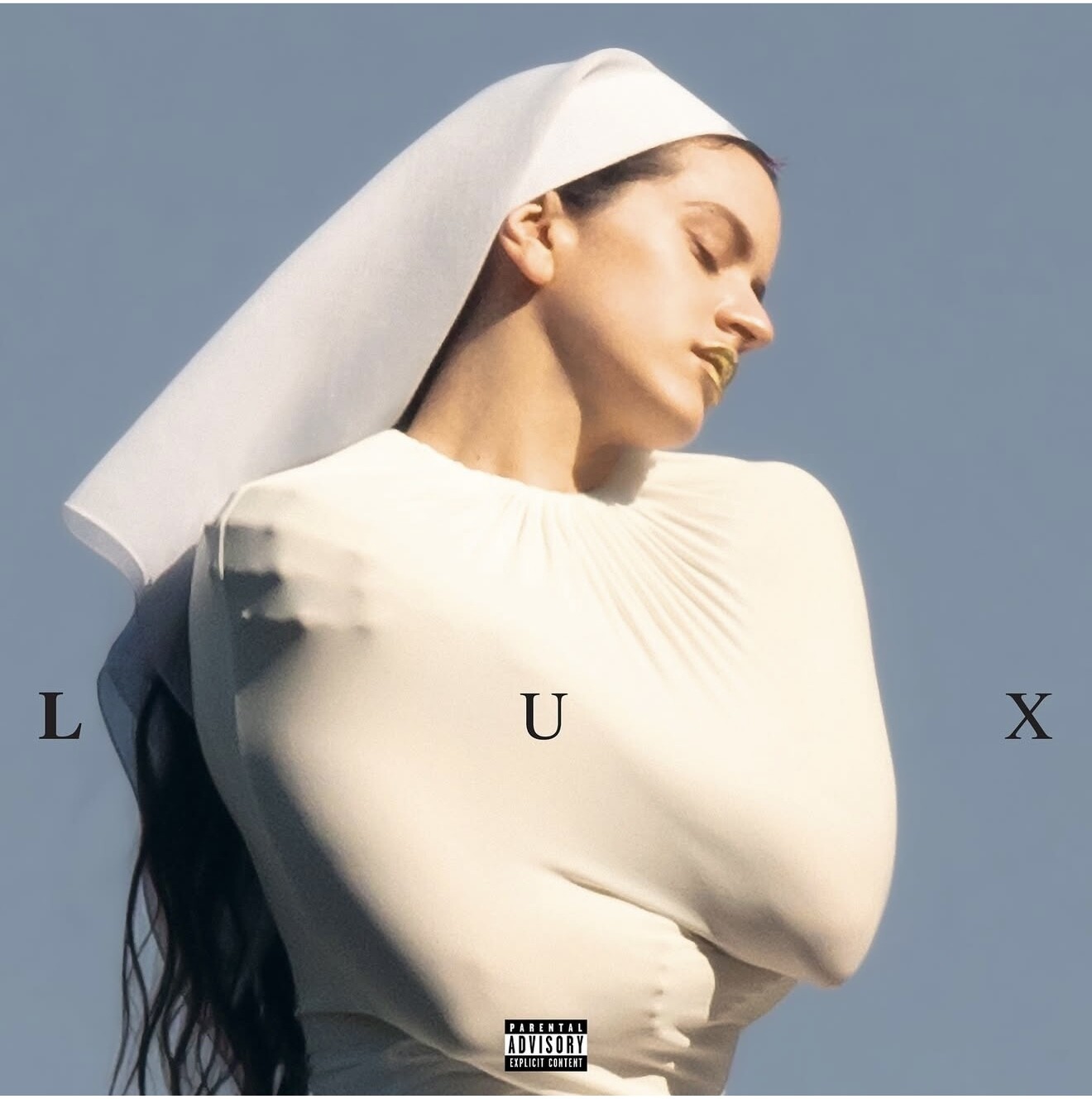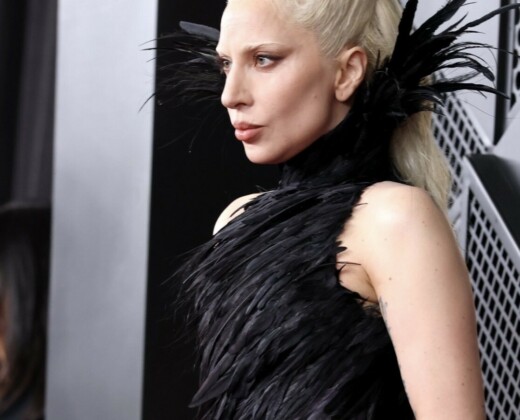
When Rosalía dropped her fourth studio album LUX on November 7th, it felt less like a release and
more like a reckoning. This isn’t the dance‑floor seduction of MOTOMAMI (2022), nor the
flamenco reinterpretation of El Mal Querer (2018). This album felt impossibly personal. She has
stepped out of pop’s gossip column and into an operatic space where saints, languages, and sonic
textures converge. An homage to who she was, who she is, and who she wishes to become.
“Lux” means “light” in Latin, and long before the first note hits the streaming services, Rosalía had
signalled her intent: explore Latin, Arabic, German, Italian, Ukrainian, and more. An extremely
ambitious task, but extremely meaningful. For example, the track “Berghain” nods to Hildegard of
Bingen, 12th‑century abbess and composer; “Focu ’ranni” (on the physical edition) references Saint
Rosalia of Palermo; “La Yugular” evokes Rabia al‑Adawiyya, early Islamic mystic. Her voice
traverses flamenco, string‑section swell, electronic pulse, and children’s choir. It’s her courtroom
and her confession.
From Dembow to Doxology
If her prior albums stunned because they fused flamenco with reggaeton, trap, and hyperpop, LUX
pivots. It is not the club you go to, it is the sanctuary you build. Critics noticed: the beats are not
gone, but they are concealed beneath timpani, strings, and cathedral‑sized dynamics. Tracks like
“Mio Cristo Piange Diamanti” (Italian for “My Christ Cries Diamonds”) read like arias.
“Dios Es Un Stalker” positions the divine as a shadow-self rather than a saviour.
She uses orchestras, choirs, and guest artists such as Björk and the London Symphony Orchestra to
build this expansive, melodious architecture. Nevertheless, the emotional ground remains personal.
When she sings of saints and relics, she is also singing of heartbreak, ambition, and identity. This is
lux as light, but also as weight.
Sacred Textures, Secular Confidence
Rosalía leans into paradox. She’s the pop star who studied flamenco; the flamenco artist who uses
trap’s swagger. On LUX, she becomes the mystic whose pulpit is a studio booth and whose gospel
is sonic. Her imagery is telling: the album cover shows her in white, arms crossed like a nun or a
bound figure, toying with the line between devotion and confinement.
Rosalía has layered her legacy onto a scale few dare attempt. But she has not lost the personal
thread; even in grand orchestras, you hear the breath of a woman who knows what it is like to
scratch out her voice, to study palmas as a teen, and to break herself open in public space. This is
not the record you skip through; it’s the record you listen to destress, to feel something.
Words By Fabiana Gutierrez







